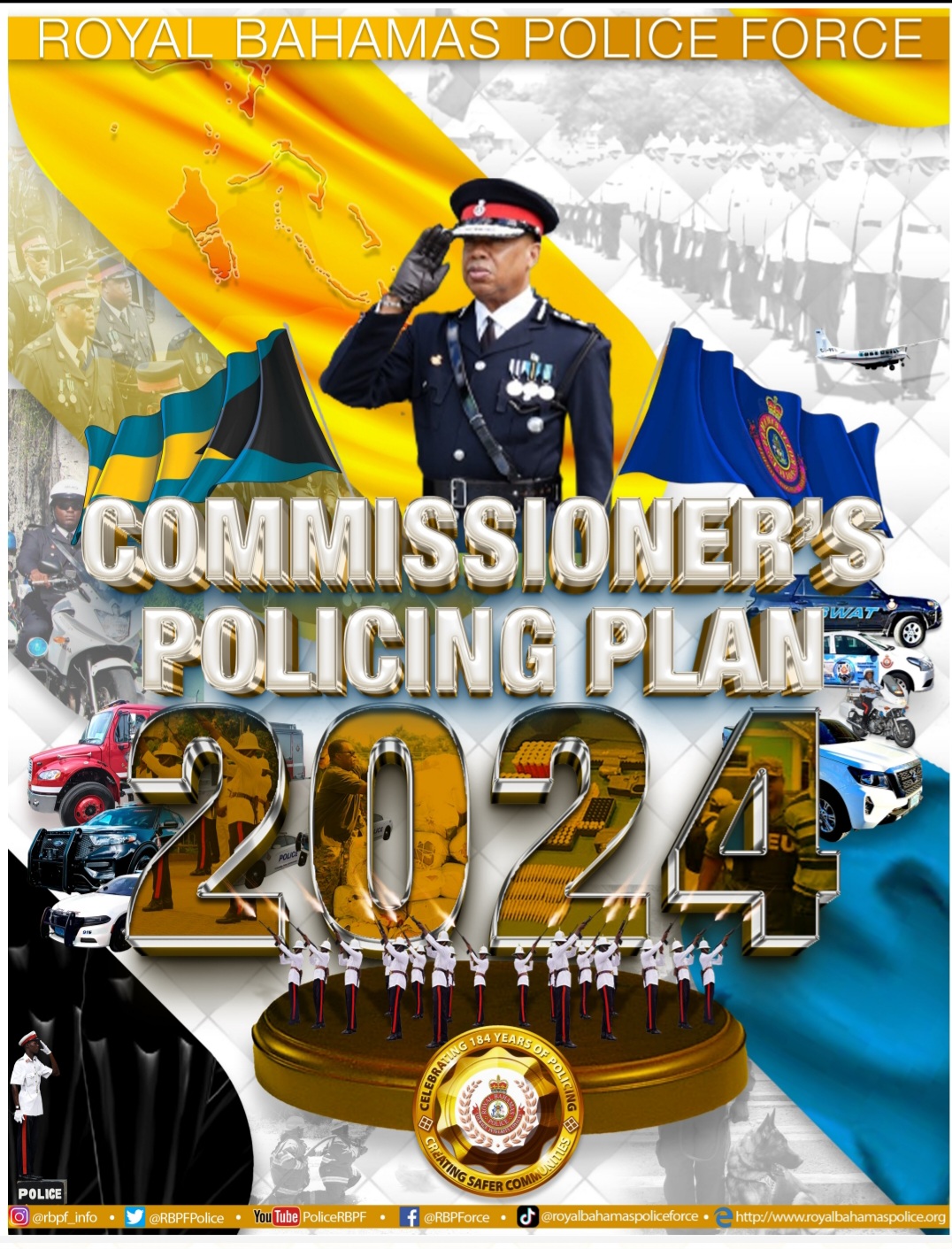
The Oral Interview is the process that identifies potential candidates that will advance to the final step which is the confirmation. The oral interview process is designed so that interviewers can observe your appearance and your demeanor, test your knowledge and communications skills, and find out how well you do under pressure. Applicants will be rated on a scale of 0-5 by police and civilian assessors. The ratings are as follows:
Tips for the Interview
There are several things to consider when it comes to oral interviews.
Make sure that you dress appropriately (suit and tie, shoes shined, etc.), and make sure that you are well-groomed.
When shaking hands, use a firm grip, and make eye contact with the person you are shaking hands with.
Your verbal communication and non-verbal communication (body language) will be observed, and are both important. It has been estimated that 50 to 75 percent of communication is non-verbal. Don't fidget. Don't play with your hands or objects. Remain calm. Maintain good posture. Sit up straight. Keep your arms relaxed and at your sides.
Maintain eye contact (consistent, not constant). Smile when appropriate. Appear confident.
Try to sound natural. Avoid Uh, Umm, etc.
Be an active listener. Speak clearly; keep your answers short and appropriate, except when asked to elaborate. Don't hesitate much, but think about what you are going to say before you say it.
Be courteous and professional. Use Sir or Ma'am. The police are your friends, so don't be afraid.
Answer the questions of the interviewer(s) truthfully and to the best of your ability. Always let the interviewer ask the questions first and then begin your answer.
The question that seems to cause applicants the most trouble is "Why you want to become a Police Officer". Think of your answers and be as honest as possible. Everyone wants to be a police officer for many different reasons.
Finally, always thank the interviewer and the members of the panel when you are completed and be sincere about it.


